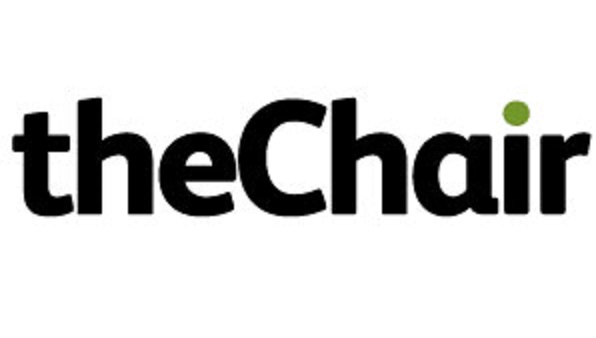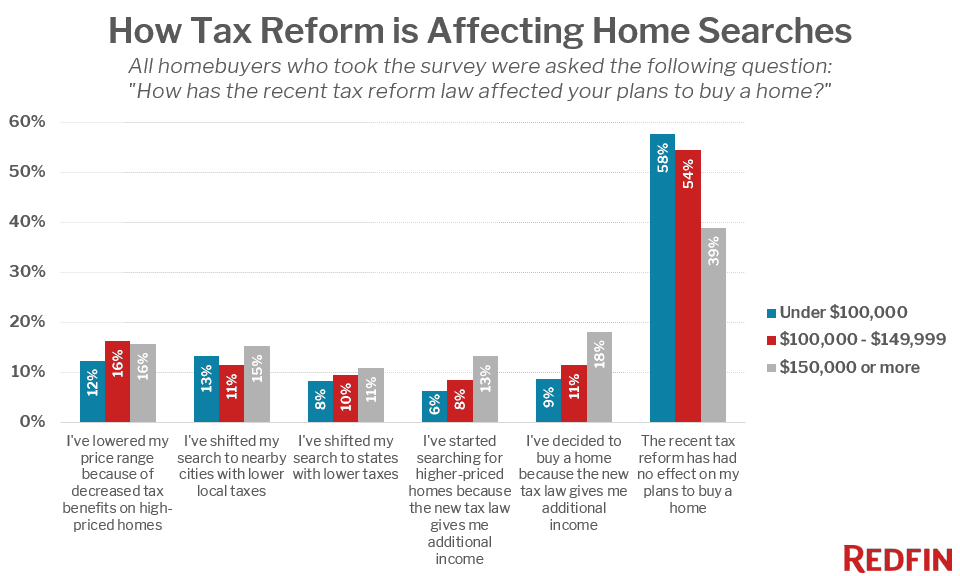
The long and winding saga of Ditech’s bankruptcy continues, as the U.S. Trustee grants a request to create a committee to protect consumer interests in the proceedings.
But not long after the petition was granted, Ditech filed a motion objecting to such a committee, asking that it be disbanded or, alternatively, that the scope of its involvement be limited.
And of course, that led to a passionate objection from the counsel representing the proposed committee, upon which the Bankruptcy Court of the Southern District New York has yet to rule.
The consumer committee drama began last month when several advocacy groups filed petitions with the U.S. Trustee, a division of the Department of Justice, asking for the creation of a committee to represent the interests of the mortgage borrowers who have loans with Ditech or its subsidiaries.
Among those seeking representation were Chicago-area victims of a reverse mortgage scam whose loans were being serviced by Ditech subsidiary Reverse Mortgage Solutions.
The representative of some of those victims, J. Samuel Tenenbaum of Northwestern’s Complex Civil Litigation and Investor Protection Center, said such a committee was necessary to protect the rights of these borrowers, who are mostly elderly, disabled or financially unstable, and therefore vulnerable.
“There’s a lot of people who could be negatively affected,” Tenenbaum told HousingWire. “We just want to make sure that the bankruptcy does not do anything that negatively impacts consumer rights.”
Five other petitions were filed, including two from the Connecticut Fair Housing Center and Atlanta Legal Aid, and three from individual attorneys representing mortgage borrowers – one of whom represents approximately 800 consumer creditors.
In response, the Trustee approved of the creation of a five-member consumer committee on May 2, but the ink was barely dry before Ditech filed its objection, claiming that the Trustee’s move was “arbitrary and capricious” and would have a chilling effect on Ditech’s attempts to sell off portions of its business.
If the court will not disband the committee, Ditech asked that the committee’s scope be limited and its fees and expenses capped at $ 250,000.
In a motion refuting Ditech’s objection, the committee’s legal counsel reasserted the need for such a committee.
“As noted in many of the requests to appoint a consumer committee, consumer borrowers include some of the most vulnerable creditors – including reverse mortgage borrowers who are ‘exclusively elderly, generally have low income, lack access to counsel, and have higher rates of communicative, cognitive, and other disabilities that make it difficult for them to advocate for themselves,’” the attorneys stated. “A statutory committee is the only way these individuals will be represented here.”
The attorneys also note that as the bankruptcy nears the critical stage in which the court rules on Ditech’s proposed plan, it is all the more important that the views of borrowers be heard.
“Nothing in the Bankruptcy Code permits the Debtors or the First Lien Lenders to silence the voice of consumers that both Congress and the U.S. Trustee sought to protect,” they wrote.






